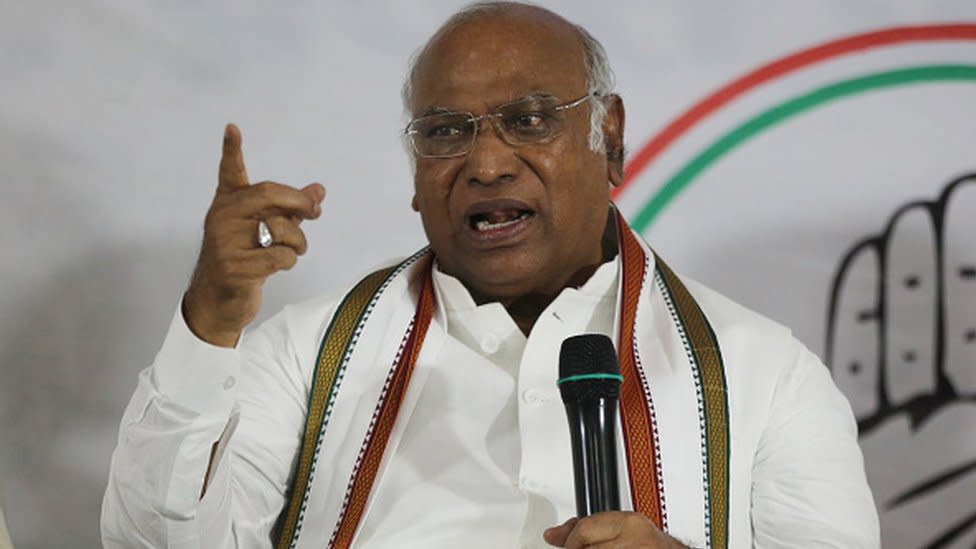Analysis: Fortnite Refunds And The Future Of Cosmetic Items

Table of Contents
The Current Fortnite Refund Policy and its Limitations
Epic Games, the developer of Fortnite, currently offers a limited refund policy for in-game purchases. This policy is notoriously restrictive, granting refunds only under very specific circumstances, such as technical issues preventing gameplay or accidental purchases made immediately prior to realizing the error. The window for requesting a refund is also extremely tight, leaving many players feeling helpless when they've made unwanted purchases.
- Specific examples of situations where refunds are/aren't granted: Refunds might be granted if a purchase was made due to a fraudulent charge or a significant technical glitch. However, simply changing your mind about a cosmetic item purchase, or realizing you already owned a similar item, typically won't qualify for a refund.
- Discussion of the player support process and its effectiveness: The player support process for obtaining a Fortnite refund is often cited by players as cumbersome and ineffective. Many players report difficulty contacting support and long wait times for responses, further compounding their frustration.
- Mention any recent changes or updates to the refund policy: While Epic Games hasn't drastically altered its refund policy recently, the ongoing discussion and player pressure may lead to future modifications. Keeping an eye on official announcements and news related to Fortnite's terms of service is crucial.
Player Frustrations and the Demand for Improved Refund Systems
Players seek Fortnite refunds for a variety of reasons. Accidental purchases, resulting from a misplaced click or a child accessing a parent's account, are frequently cited. Other common causes include purchasing an item that proves to be visually disappointing or functionally underwhelming, or even realizing they already owned the item.
- Examples of player experiences and online discussions regarding refunds: Online forums and social media platforms are filled with threads discussing the difficulties players face in securing refunds, often sharing their negative experiences with Epic Games' support team. The sentiment is overwhelmingly negative.
- Statistical data (if available) illustrating the frequency of refund requests: While precise data on refund requests is not publicly available, the volume of complaints and discussions suggests a significant number of players are unhappy with the current system and seek Fortnite refunds.
- The role of social media in amplifying player concerns: Social media platforms like Twitter and Reddit act as powerful tools for players to voice their frustrations. These platforms allow players to share their experiences, organizing collective calls for improved policies and increased transparency.
The Business Model of Cosmetic Items and the Impact of Refunds
The financial implications of widespread refunds for Epic Games are considerable. The battle royale game's economy relies heavily on microtransactions for cosmetic items, and a lenient refund system could significantly impact revenue. However, the current strict policy also risks damaging the reputation and long-term success of the game.
- Discussion of the "loot box" debate and its relevance to cosmetic item purchases: The ongoing debate surrounding loot boxes and their potential for gambling addiction directly impacts the conversation around cosmetic item purchases and refund policies. A more flexible refund system could help alleviate concerns about predatory practices.
- Explore alternative models for managing cosmetic item sales and player satisfaction: Alternative models, such as offering more detailed previews of cosmetic items or allowing players a short trial period before finalizing a purchase, could improve player satisfaction and reduce the need for Fortnite refunds.
- Examine the potential for a more transparent and consumer-friendly approach: Increased transparency in pricing and item descriptions, combined with a more accessible and effective refund system, could build trust with players and enhance the overall game experience.
The Role of Consumer Protection Laws
The legal landscape surrounding microtransactions and consumer rights is complex and varies significantly across jurisdictions. Consumer protection laws in different regions might require game developers to offer more generous refund policies than currently practiced by Epic Games.
- Examples of relevant consumer protection laws in different regions: Laws related to unfair business practices, misleading advertising, and digital content purchases differ across countries. These laws may influence the legal challenges facing game developers regarding their refund policies.
- Discussion of the potential for legal challenges related to refund policies: The current Fortnite refund policy's restrictiveness could potentially attract legal challenges from consumer protection agencies or individual players, particularly in jurisdictions with robust consumer protection laws.
Predicting the Future of Cosmetic Item Refunds in Fortnite and Beyond
Predicting the future of Fortnite refunds requires careful consideration of several factors. Increased pressure from players, evolving consumer protection laws, and the potential for legal challenges may force Epic Games to reconsider its current approach.
- Predictions on how other game developers might adjust their policies: Other game developers may follow suit and implement more consumer-friendly refund systems to avoid potential legal repercussions and maintain a positive brand image.
- Discussion of technological solutions (e.g., improved purchase confirmation processes): Technological solutions such as more robust purchase confirmation processes, including multi-step verification, could help prevent accidental purchases and reduce the need for refunds.
- Analysis of the long-term impact on the gaming industry's business model: The long-term outcome may lead to a shift towards more sustainable business models that prioritize player trust and satisfaction alongside financial profitability.
Conclusion:
The debate surrounding Fortnite refunds underscores the crucial need for more transparent and consumer-friendly policies regarding in-game purchases. While the financial implications for developers are significant, ignoring player frustration and the demand for fair refund systems could damage trust and long-term player engagement. The future likely holds more robust refund systems, stricter regulations, and potentially alternative models for distributing cosmetic items. It's vital for both players and developers to engage in constructive dialogue to find a balance between protecting consumers and maintaining a profitable business model. Further analysis of Fortnite refunds and similar cases will be critical in shaping the future of cosmetic items in the gaming industry. Learn more about your rights as a consumer and continue the conversation about fair Fortnite refunds and advocating for improved policies within the gaming industry.

Featured Posts
-
 1 Mayis Emek Ve Dayanisma Guenue Calisanlarin Muecadelesi Ve Basarilari
May 03, 2025
1 Mayis Emek Ve Dayanisma Guenue Calisanlarin Muecadelesi Ve Basarilari
May 03, 2025 -
 Exclusive Reveal The Celebrity Craving Melissa Gorgas Beach Home
May 03, 2025
Exclusive Reveal The Celebrity Craving Melissa Gorgas Beach Home
May 03, 2025 -
 Indias Pm Modis France Trip Ai Focus And Ceo Engagement
May 03, 2025
Indias Pm Modis France Trip Ai Focus And Ceo Engagement
May 03, 2025 -
 Tulsa Winter Preparedness 66 Salt Spreaders Keep Roads Clear
May 03, 2025
Tulsa Winter Preparedness 66 Salt Spreaders Keep Roads Clear
May 03, 2025 -
 Is The Buy Canadian Trend Fading Loblaws Ceo Weighs In
May 03, 2025
Is The Buy Canadian Trend Fading Loblaws Ceo Weighs In
May 03, 2025
